Imagine a quiet evening by the beach, the waves gently lapping against the shore, and a group of friends sharing stories over a traditional Kava drink. This serene scene highlights the calming effects of Kava, a beverage derived from the root of the kava plant, renowned for its ability to quell anxiety without causing intoxication. In this post, we'll navigate the journey of Kava, from its active compounds to its mechanism of action, revealing the science behind why it’s a popular choice for those seeking tranquility.
The Active Compounds of Kava: A Closer Look at Kavalactones
Kava is more than just a drink. It's a tradition, a culture, and a source of calm for many. Central to its effects are the kavalactones, the active compounds that give Kava its unique properties. But what exactly are these kavalactones? How do they work? And why have they been treasured for centuries?
Understanding Kavalactones
Kavalactones are a group of compounds found in the root of the Kava plant. There are over 18 different kavalactones, each with its own set of effects. Some of the most notable include:
-
Yangonin: Often associated with relaxation and mood enhancement.
-
Kavain: Known for its calming and anxiolytic properties.
-
Dihydrokavain: This one may contribute to the overall soothing experience.
Each kavalactone interacts with the brain in unique ways, particularly with the GABA receptors. This interaction helps promote relaxation without the intoxication that often comes with alcohol. As Dr. Emily Thompson famously noted,
"Kava's unique kavalactones play a crucial role in its calming effects without the impact of intoxication."
Cultural Significance of Kavalactones
Historically, Kava has deep roots in Pacific Island cultures. It has been used for centuries in rituals, ceremonies, and social gatherings. The preparation of Kava often involves communal activities, where people come together to share stories and experiences. This is not just about drinking; it’s about connection.
In many cultures, kavalactones symbolize peace and unity. They have been used to foster relationships and create a sense of belonging. Imagine gathering with friends, sipping Kava, and feeling the stress melt away. This is the essence of Kava culture.
User Experiences with Kava
Many individuals have shared their experiences with Kava. They often describe a sense of calm washing over them shortly after consumption. One user mentioned, "I felt an immediate sense of peace. It was like a warm blanket wrapped around me." Others have reported that Kava helps them manage anxiety and stress, especially during challenging times.
For those looking for a natural way to unwind, Kava can be a powerful ally. Products like the GoldenGlow Elixir offer a convenient way to experience the benefits of kavalactones. These elixirs are crafted to enhance relaxation and promote well-being.
Scientific Insights
Research supports the calming effects of kavalactones. Studies have shown that they can significantly reduce anxiety levels in various populations. Unlike alcohol, Kava does not impair cognitive function. This makes it a safer alternative for those seeking relaxation without the downsides of intoxication.
In conclusion, kavalactones are the heart of Kava. They offer a unique blend of relaxation and social connection, deeply rooted in tradition. Whether used in ceremonies or as a personal retreat, Kava and its kavalactones continue to play a vital role in many lives.
How Kava Interacts with GABA Receptors in the Brain
Understanding the role of GABA receptors in the brain is essential for grasping how Kava functions as a natural remedy for anxiety. GABA, or gamma-aminobutyric acid, is a neurotransmitter that plays a crucial role in regulating mood and excitability in the brain. When GABA binds to its receptors, it produces a calming effect. This is particularly important in a world where anxiety is a common issue. So, how does Kava fit into this picture?
The Significance of GABA Receptors
GABA receptors are like the brain's brakes. They help control the nervous system's excitability. When these receptors are activated, they can reduce feelings of anxiety and promote relaxation. This is vital for people who struggle with stress or anxiety disorders. Without sufficient GABA activity, individuals may experience heightened anxiety levels, leading to a cycle of distress.
How Kavalactones Interact with GABA Receptors
Kava contains active compounds known as kavalactones. These compounds are the key players in Kava's calming effects. When someone consumes Kava, the kavalactones interact with GABA receptors in a way that enhances GABA's natural calming effects. This interaction can lead to a significant reduction in anxiety levels.
-
Kavalactones increase GABA's effectiveness: They bind to the receptors and facilitate GABA's action.
-
They promote relaxation: Users often report feeling more at ease and less anxious after consuming Kava.
Imagine this scenario: Jane has had a long, stressful week at work. She decides to try Kava for the first time. After consuming a dose of Kava, she feels the tension in her shoulders ease. Her racing thoughts slow down, and she finds herself enjoying a quiet evening. This is not just a coincidence; it's the kavalactones working their magic on her GABA receptors.
Real-Life Experiences with Kava
Many users have shared their experiences with Kava and its calming effects. For instance, Michael, a college student, often felt overwhelmed before exams. After trying Kava, he noticed a marked difference. "I felt so much calmer and focused," he said. "It was like a weight had been lifted off my shoulders." His experience highlights how Kava can help individuals manage anxiety in high-pressure situations.
Another user, Sarah, found that Kava helped her unwind after a long day. "I used to rely on wine to relax," she explained. "But now, I prefer Kava. It helps me feel relaxed without the hangover." This shift in her routine illustrates Kava's appeal as a natural alternative to alcohol.
"Understanding how kava interacts with GABA receptors may unlock new pathways for natural anxiety treatments." – Dr. Lisa Gregory
As more people seek natural solutions for anxiety, Kava's interaction with GABA receptors becomes increasingly relevant. It’s a fascinating area of study, and the potential benefits are promising. For those interested in trying Kava, products like the Supramood GoldenGlow Elixir offer an easy way to experience its calming effects.
In conclusion, Kava's ability to interact with GABA receptors is a significant part of its appeal. By enhancing GABA's calming effects, kavalactones provide a natural option for those seeking relief from anxiety. As research continues, we may uncover even more about how Kava can support mental well-being.
Evidence from Scientific Studies: Kava and Anxiety Relief
Kava, a traditional beverage made from the root of the kava plant, has gained attention for its potential to alleviate anxiety. Numerous clinical trials have investigated its efficacy. The results are promising. But what do they really say?
Key Findings from Clinical Trials
Clinical studies have shown that Kava can significantly reduce anxiety symptoms. For instance, a meta-analysis published in the Journal of Clinical Psychopharmacology found that participants taking Kava experienced greater reductions in anxiety compared to those on a placebo. The active compounds in Kava, known as kavalactones, interact with GABA receptors in the brain. This interaction promotes relaxation without the intoxication associated with alcohol.
-
Study Highlights: Participants reported a marked decrease in anxiety levels.
-
Safety Profile: Generally well-tolerated, though some studies raise concerns about long-term use.
-
Dosage Matters: Effective doses vary, with some studies suggesting 200-400 mg of kavalactones per day.
Contrasting Opinions on Safety and Efficacy
Despite the positive findings, skepticism remains. Critics argue about the long-term safety of Kava. Some studies have linked Kava to liver toxicity, leading to regulatory actions in several countries. This has sparked a heated debate.
On one side, proponents highlight Kava’s natural origins. They argue that herbal remedies are often safer than pharmaceutical alternatives. On the other side, skeptics emphasize the need for caution. They point to the lack of extensive long-term studies. Can we truly trust a remedy that has not been thoroughly vetted?
Dr. Jonathan Pierce notes,
“Clinical trials reveal promising results for Kava, showcasing its potential as a therapeutic ally in anxiety management.”
His statement underscores the importance of balancing benefits with potential risks.
Real Stories of Relief Amid Skepticism
Many individuals have found relief through Kava, despite the surrounding skepticism. Take Sarah, for example. She struggled with anxiety for years. Traditional medications made her feel numb. After learning about Kava, she decided to give it a try. Within weeks, she noticed a significant improvement in her anxiety levels. She felt more relaxed and focused.
Then there's Mark, who was initially hesitant. He had heard mixed reviews about Kava. But after doing his research and finding a reputable source, he decided to try Supramood's GoldenGlow Elixir. He was pleasantly surprised by the results. “It felt like a weight had been lifted off my shoulders,” he shared. His story reflects a growing trend of individuals seeking natural alternatives.
Conclusion
As we review the clinical evidence, contrasting studies, and user testimonials, it becomes clear that Kava holds promise for anxiety relief. However, the debate surrounding its safety and efficacy continues. Individuals like Sarah and Mark serve as reminders that while skepticism is healthy, personal experiences can also lead to positive outcomes.
In the end, whether one chooses to embrace Kava or approach it with caution, the conversation around its use is essential. It encourages a deeper understanding of how herbal remedies can play a role in mental health management.
Why Kava is Not Intoxicating: A Comparison with Alcohol
Kava has gained popularity as a calming beverage, especially in social settings. But why is it that Kava does not produce the same intoxicating effects as alcohol? This question leads to a fascinating exploration of Kava's unique pharmacological profile.
Understanding Kava's Pharmacological Profile
Kava contains active compounds known as kavalactones. These compounds interact with the brain's GABA receptors, promoting relaxation and reducing anxiety. Unlike alcohol, which depresses the central nervous system and can lead to impaired judgment, Kava's effects are more subtle.
-
Kava's calming effects: Kava does not cause the same level of intoxication as alcohol. Users often report feelings of tranquility without the brain fog that comes with drinking.
-
Social experiences: Drinking Kava can enhance social interactions without the negative consequences of alcohol, such as hangovers or loss of control.
In many cultures, Kava drinking is a traditional ritual that promotes community bonding. This contrasts sharply with alcohol, which can lead to social problems in certain contexts. The idea of gathering around a bowl of Kava fosters connection rather than chaos.
Personal Insights: Kava vs. Alcohol
Many individuals have shared their experiences with Kava versus alcohol. Some find that Kava allows them to unwind and socialize without the typical side effects associated with drinking. Sarah Mitchell, a frequent Kava drinker, emphasizes this point:
"Kava offers a unique social ritual without the hangover, bridging relaxation and clarity unlike alcohol." – Sarah Mitchell
On the other hand, alcohol can lead to unpredictable behavior. It often impairs judgment and can cause conflicts in social settings. Kava, however, tends to maintain a sense of clarity, allowing individuals to engage in meaningful conversations without the risk of overindulgence.
The Sociocultural Impact of Kava
Kava's role in various cultures highlights its significance beyond mere consumption. In places like the South Pacific, Kava is more than just a drink; it is a symbol of hospitality and friendship. People gather to share Kava, creating a safe space for dialogue and connection. This social aspect is often missing in alcohol consumption, where the focus may shift to intoxication rather than interaction.
Moreover, Kava is often viewed as a safer alternative for those looking to relax without the adverse effects of alcohol. This makes it a popular choice for individuals seeking to unwind without compromising their mental clarity or social responsibility.
Conclusion
In conclusion, understanding why Kava does not produce intoxication like alcohol is essential for responsible use. Its unique pharmacological profile, characterized by kavalactones, allows for relaxation without the negative side effects associated with alcohol. Personal experiences reveal that Kava drinking can enhance social interactions and foster community bonds. As society becomes more aware of the benefits of Kava, it may serve as a healthier alternative to alcohol in social settings. If you're interested in exploring Kava for yourself, consider trying the Supramood GoldenGlow Elixir, which combines the calming effects of Kava with other beneficial ingredients. For those curious about the sociocultural impact of Kava, further reading can be found on resources like NCBI and Healthline.
TL;DR: Explore how Kava works through its calming compounds and their interaction with GABA receptors, backed by scientific studies on anxiety relief, while understanding why Kava doesn’t induce intoxication like alcohol.

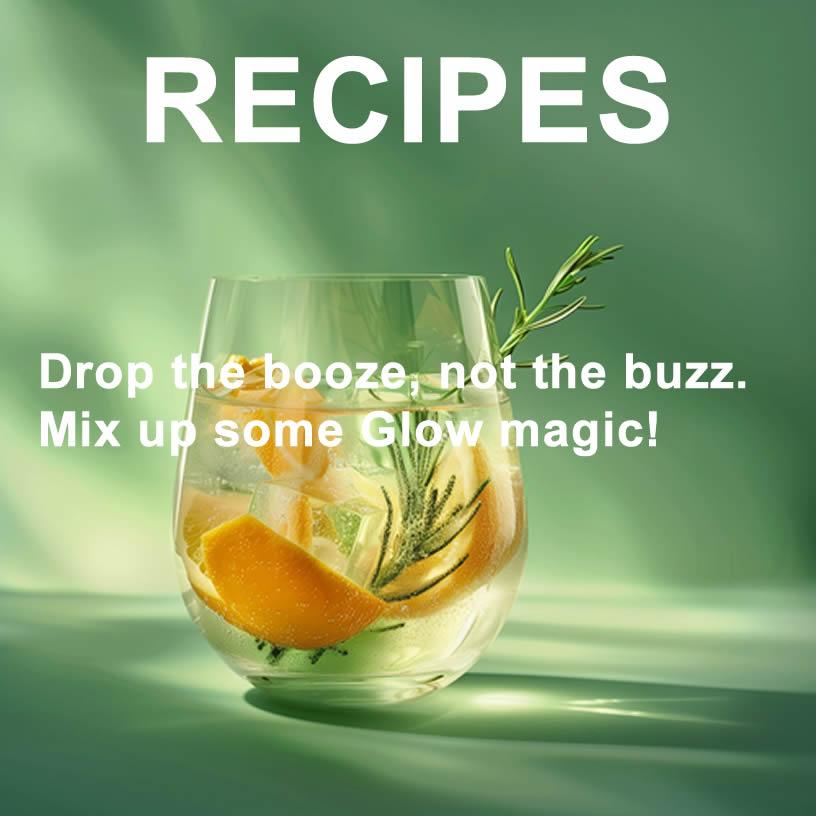

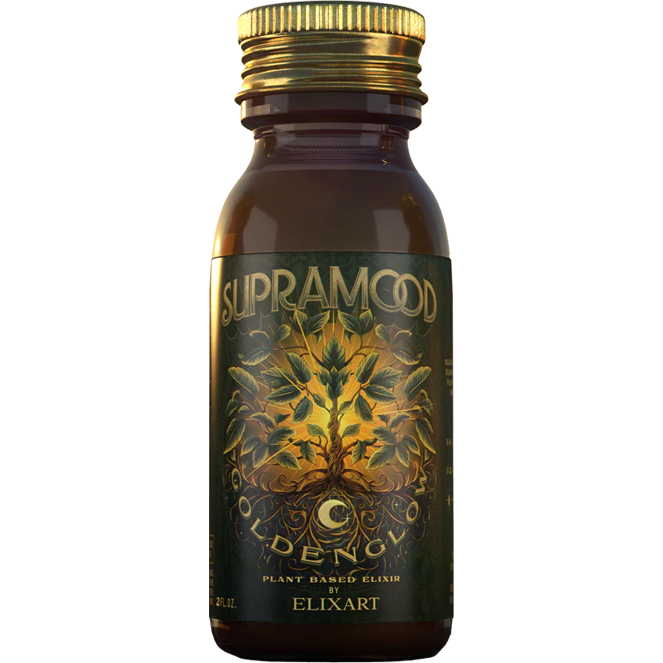
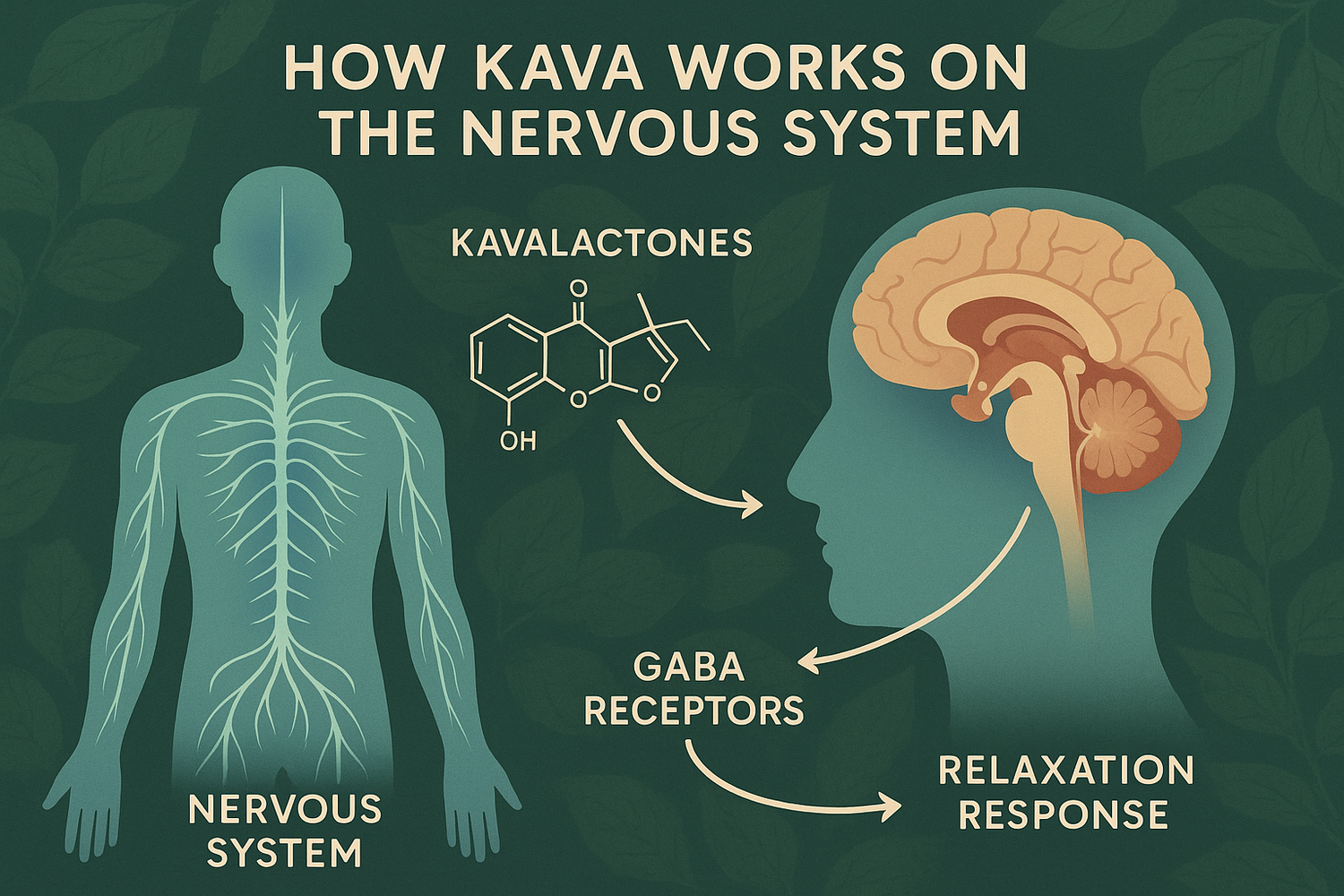
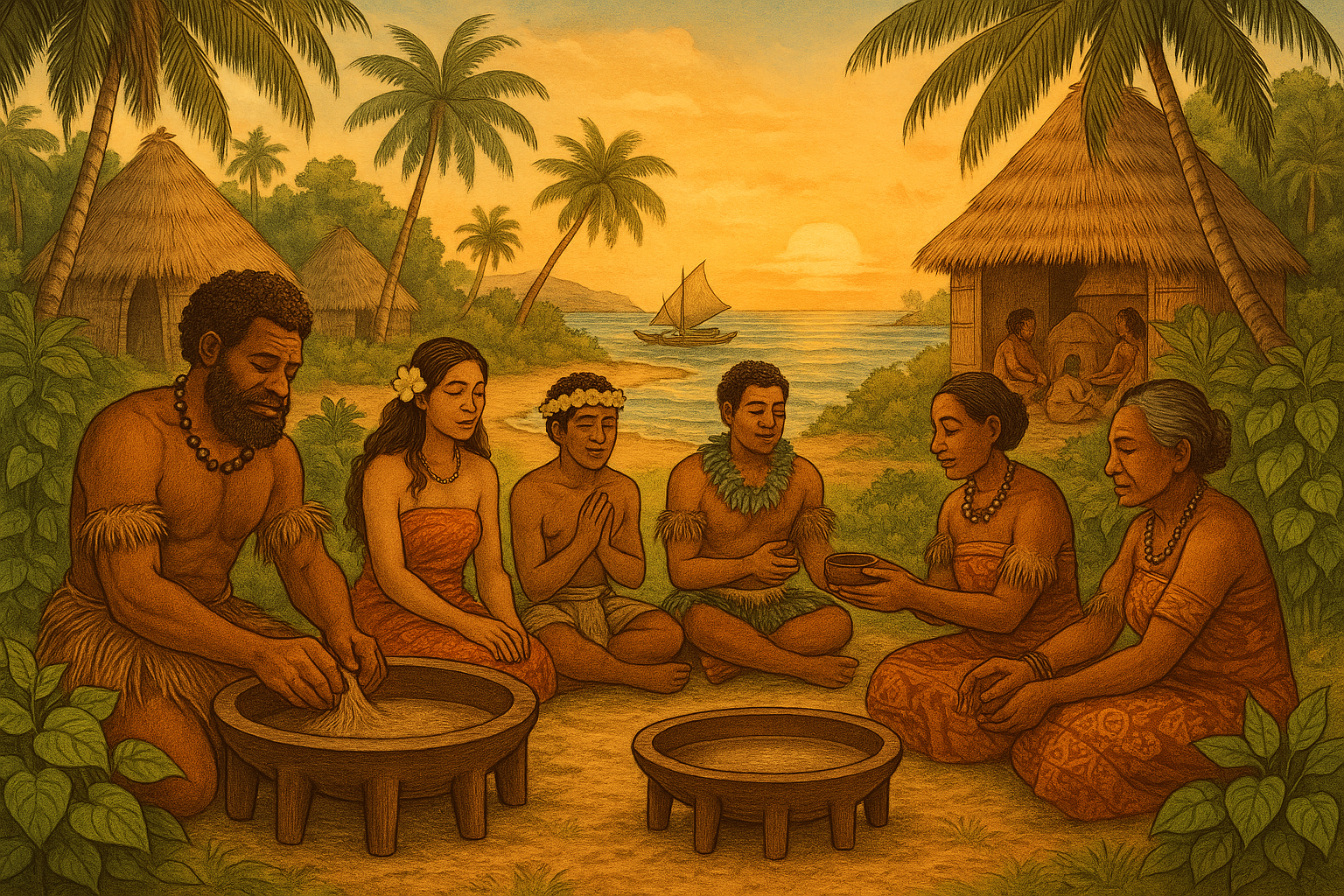
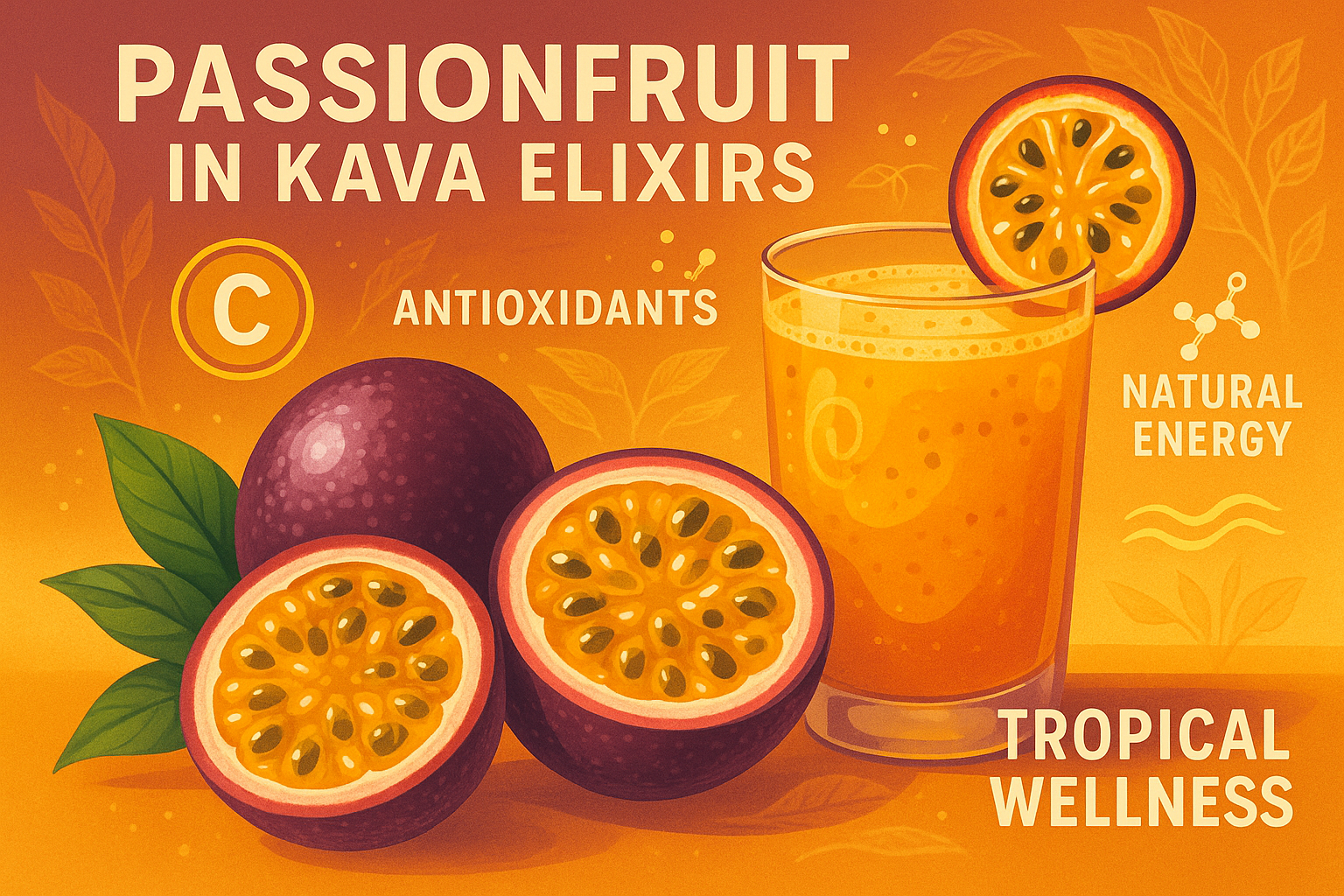
Leave a comment
This site is protected by hCaptcha and the hCaptcha Privacy Policy and Terms of Service apply.